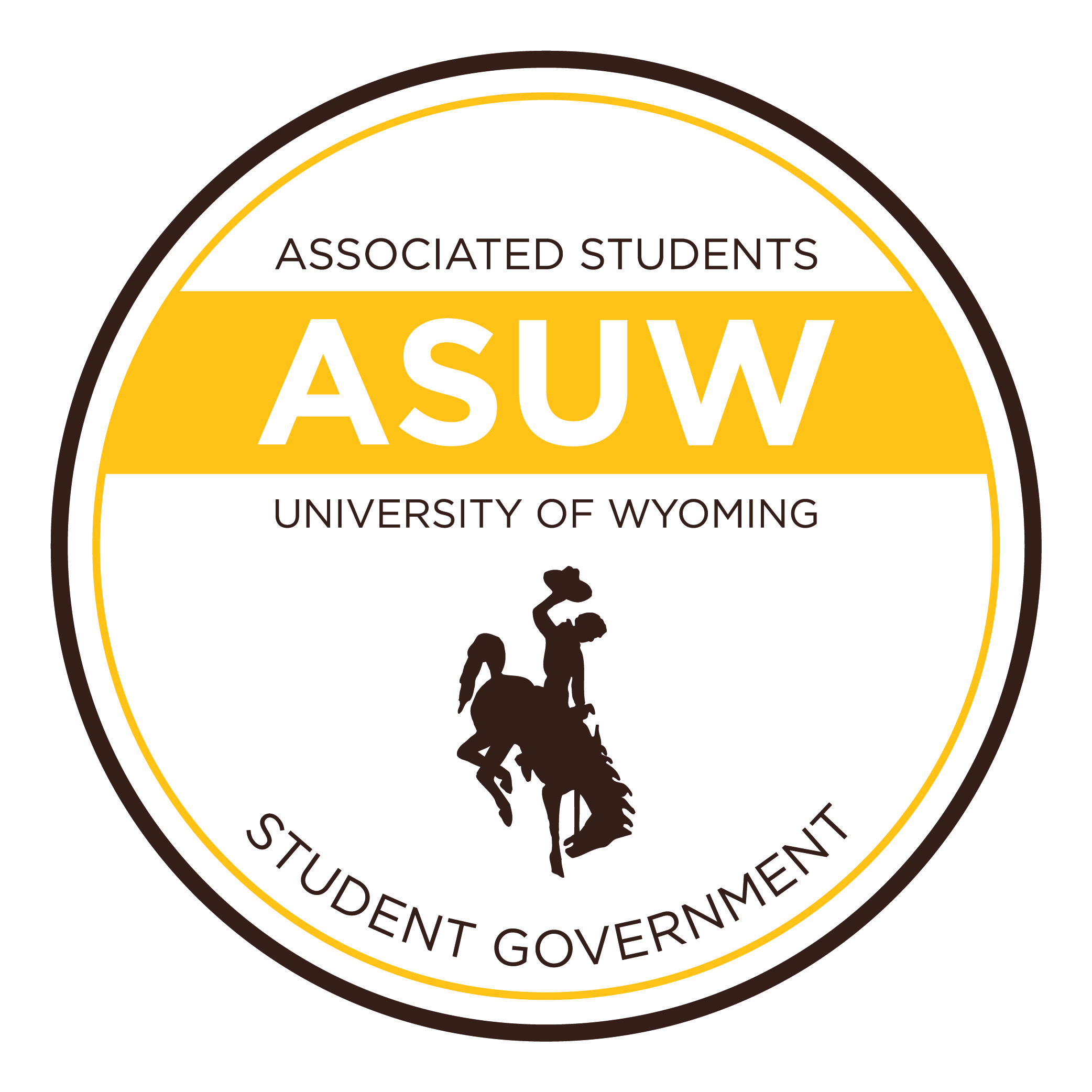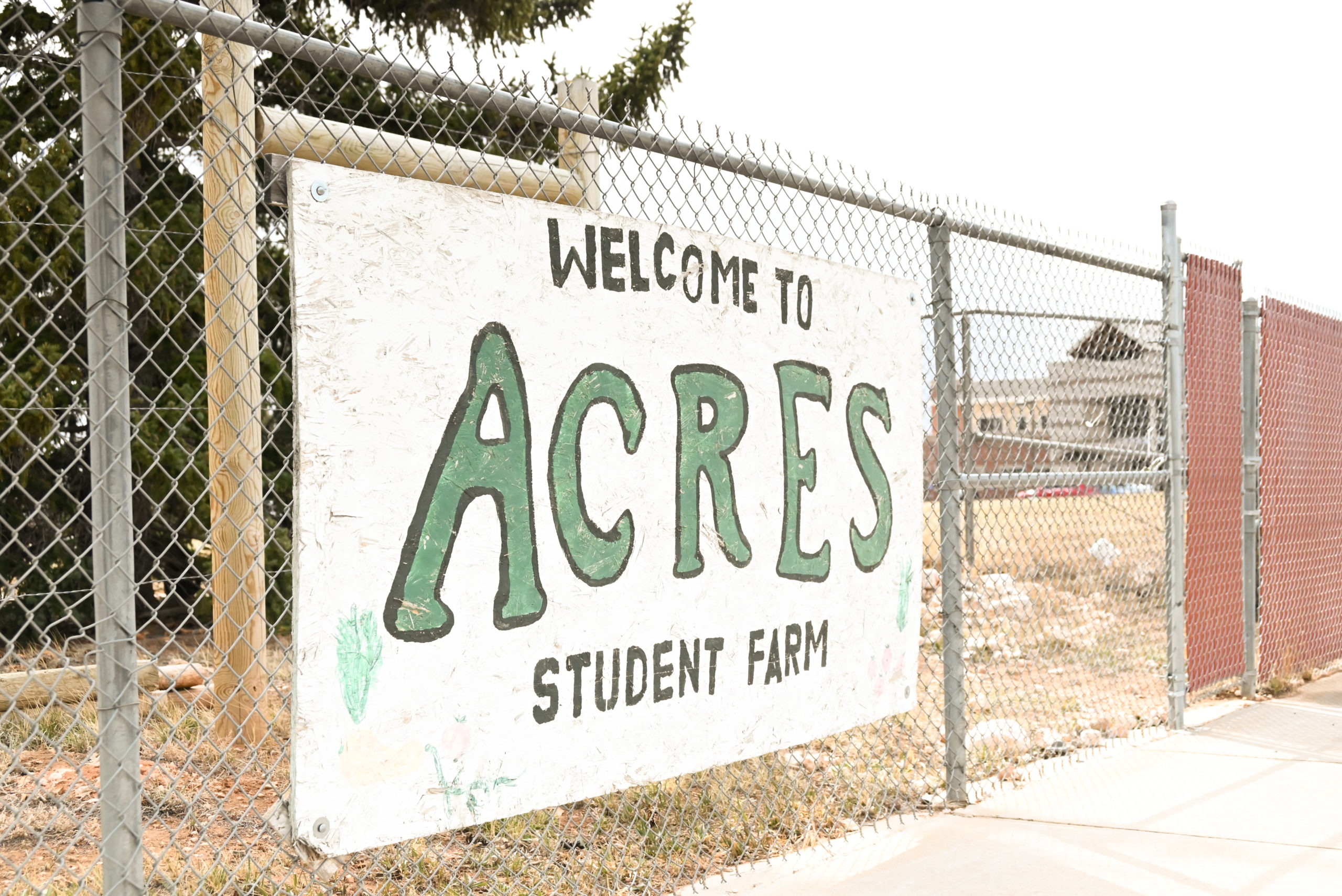
1.8 acres may not seem like much land, but with the help of students and volunteers, a relatively small parcel of land can provide a plenty bounty, according to two RSO members.
The Agriculture Community Resources for Everyday Sustainability (ACRES) student-ran farm, located near the corner of 30th and Harney, is a vegetable farm that provides education to all kinds of community members.
“It is student-founded, student-ran and volunteer-based,” said ACRES Vice-President and Summer Farm Manager, Rael Otuya.
“We also offer activities, and students can carry out experiments under permission of their professor,” said Otuya, a sophomore from Kenya majoring in Agroecology.
A mushroom workshop and a pizza garden workshop were held Saturday and brought several community members to the farm. The mushroom workshop was the kick-start to an experiment to see what kind of mushrooms grow best in Wyoming. Botany professor Steve Miller and Chris Hilgert showed a group of students and community members how to plant and care for mushrooms. They said mushrooms can be mutually beneficial to several others plants.
ACRES President Shannon Toomey, a junior from New Jersey studying Agroecology, said kids from the community were able to come to the farm and see where the food on their plate comes from during the pizza garden workshop.
Both workshops are ongoing and will have segments later in the season so participants can see the progress of what was planted.
Part of what keeps the farm running is monetary investment from community members through Community Supported Agriculture (CSA), Toomey said.
“Community members will buy a full share of half share of the farm, and then each week they get a portion of what was harvested,” she said. “They’re taking on the risk that we take on.”
Toomey said if there is a crop failure, the shareholders may not receive vegetables, but they are still willing to support the project.
In a good year, Otuya added, CSA members receive plenty. It can reduce carbon footprint, encourage local production and build the community, she said.
“A small resource well managed and well utilized yields way more than a vast piece of land that is underutilized,” said Otuya. Because of the sustainable method of farming ACRES uses, she added, the soil is rich in organic material.
The size of the farm encourages concentration of resources and time-sensitive crops get more than adequate attention, Otuya said.
“Because it is volunteer-based and doesn’t use a lot of equipment to farm, it is more efficient for us to have smaller plots,” said Toomey.
“Small is beautiful,” added Otuya.
Toomey said she joined the group because of her interest in gardening and agriculture. Growing up in suburban New Jersey, she said she would see beautiful farmland back home developed into a shopping center. She said she would like to help out anyway she can help farmland from disappearing. She said it helps her gain the most from her classroom education by applying it to the farm.
Otuya grew up in a village in Kenya.
“I saw my parents toiling on a small piece of land just the size of ACRES and struggling to raise enough for food and enough to sell,” said Otuya. She said the soil was not ideal for growing either.
Otuya went to community college and earned a degree in sustainable farming systems, then toured Uganda and Kenya while studying soils and educating village farmers.
“In sub-Saharan, 80 percent of farmers don’t have the right information to improve,” said Otuya. By coming to Wyoming, she said she is furthering her education in agriculture so she can help herself and others.
“In Africa, educating a woman is educating our family around our whole nation,” said Otuya. “So, I am carrying my nation.”
She brought to ACRES what she learned in Africa, just as several other international students have.
“Farming in New Jersey, Kenya, Wyoming and Hawaii and other places around the world are all vastly different,” said Toomey.
When these diverse backgrounds come together, students exchange information to further educate one another. ACRES has a plot for international crops where students can experience foods they are familiar with. She said the plot helps students feel more at home even when they are so far away.
The project welcomes all ages and stations, said Otuya. From kindergarteners to UW students to community members, anyone is welcome to volunteer on the farm.
Work days are Saturdays from 10 a.m. to 2 p.m. Someone is usually on the farm during regular business hours in the summer.



